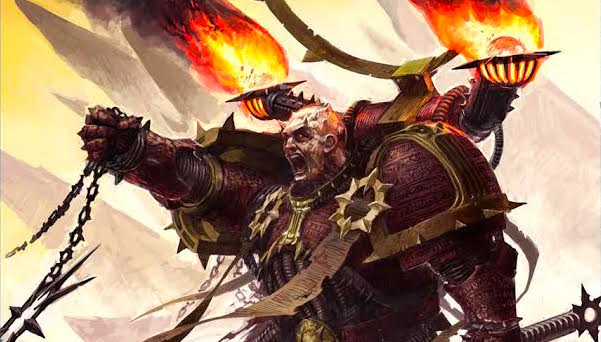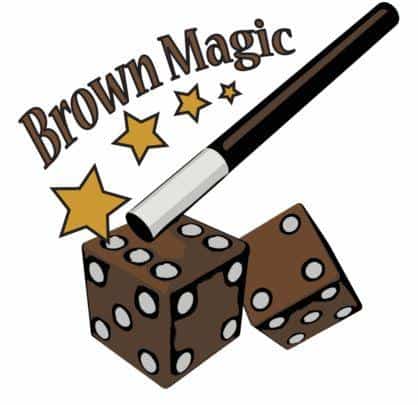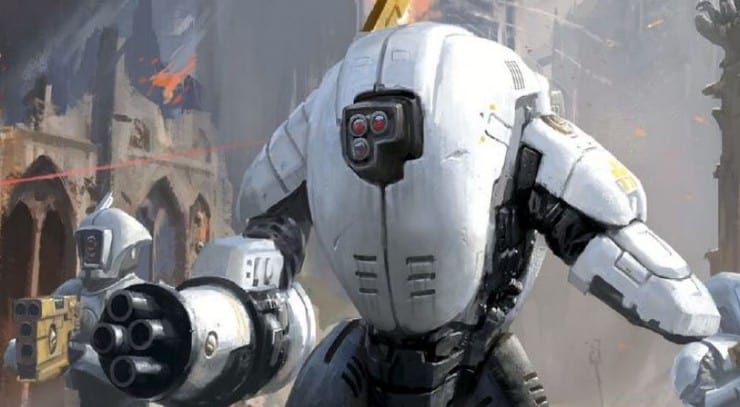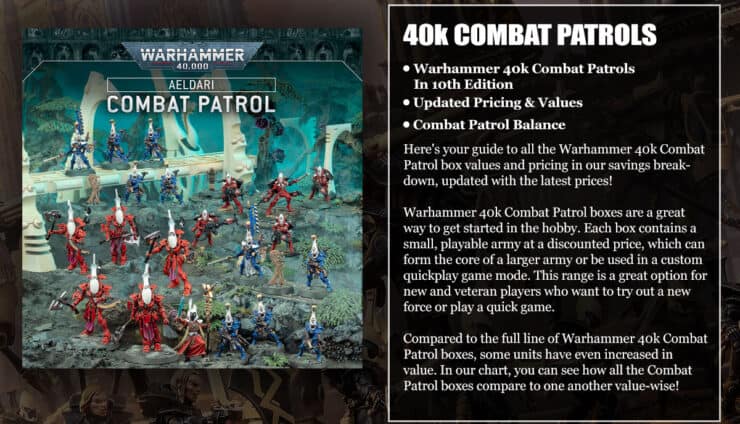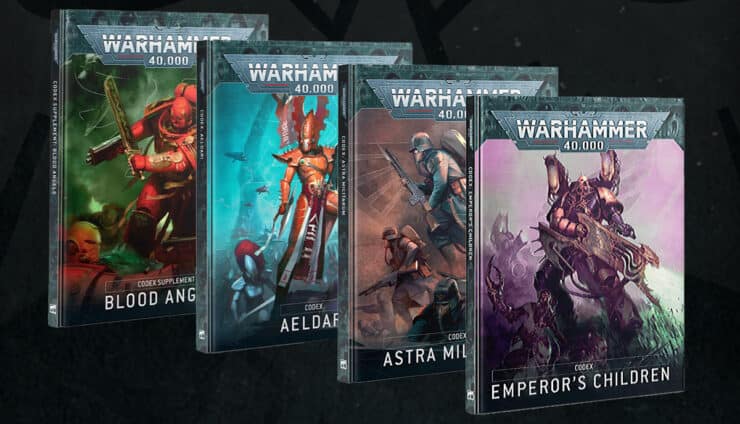Is SPAM really that big of a deal in 8th Edition Warhammer 40k, or should we stop building these hyped up lists and keep the spam in the can? Here are 3 reasons why you should can it.
Have you ever sat there and wondered why Gulliman and 4 fire raptors haven’t won a Grand Tournament? What about 3 Shadowswords? And surely, if dark reapers are the menace the internet says they are, then taking 50 of them has to be a winning combo, right?
Have you ever wondered why the more consistent GT winners always seem to gravitate away from armies like that? I mean when was the last time you saw Sean Nayden, Andrew Gonyo, or Tony Kopach spamming mindless bullets at you?
If you’re one of the many who lose sleep at night thinking about this, today is your lucky day, because I’m going to break down why!
There are a few fundamental issues with that style of army which will really keep them from succeeding.
Linearity– The arche-types listed above all suffer from the same issue of linearity. They are the type of army that either works or doesn’t. The path to victory is a very straight one for these types of armies. They each have their own gimmick, but they all fall under the same idea: spamming something that costs less than it should to try and leverage an advantage over the opponent by effectively playing with more points than him. While this strategy seems to make sense on paper, it falls on its face when the army runs into a tactic or a unit type which it’s inefficient or ineffective against.
Take 4 fire raptors and Guilliman for example. While this army is a total powerhouse of efficiency due to all the under-costed bullets and full rerolls to hit and wound, certain army types are able to hard counter it by minimizing their effectiveness and capitalizing on their weaknesses.
A real game example of this can be taken from the Hammer in the New Year GT finals which was Sean Nayden playing his janky character spam Eldar vs Kelsey Haley’s 4 fire raptors. With some effective use of terrain and clever usage of the character rules Kelsey’s army of overpowered bullets couldn’t actually shoot anything and Sean was able to table him by turn 2.
2. Lack of Diversity– An incredibly common misconception in 40k is that spamming an efficient unit is typically more competitive than diversifying and taking many different kinds of units. This is simply not the case. When you spam a unit over and over to capitalize on its strengths, you’re also becoming more and more vulnerable to its weaknesses. Diversifying to solve issues allows you to cover up many of the weaknesses of a particular unit type.
*Caveat* Diversifying unit choices for the sake of diversification is bad. Don’t do that. Every unit choice you make needs to be grounded and have a strong reason to justify its inclusion.
To give another example, if you take an army of Guilliman and 50 devastators with missile launchers and the banner bro, you most certainly have the firepower to table anyone. But what happens when someone introduces elements like deep strike and charge into the game and your gun line gets tied up? Well, you’re probably just going to lose. So you try to cover up that weakness by taking some scouts. This is a really rudimentary example, but it conveys the idea of opting to take a less effective unit to cover up a weakness.
3. Reduces the Skill Gap- Units like Dark Reapers, Fire Raptors, Shadowswords, and other spammable shooty units are inherently less skill intensive than other units. This isn’t meant to call anyone who uses these units less skillful than someone who doesn’t use them. But objectively, a hard to kill unit that essentially just moves and shoots very effectively is less skill intensive than a relatively fragile unit which can operate in all phases of the game.
What this means is that a good player with a bunch of fire raptors might as well be a bad player with a bunch of fire raptors and vice versa. The unit’s design actively works to reduce the amount of skill in the game- taking a bunch of fire raptors or Shadowswords is essentially just taking a calculator for a list and trying to math your opponent off the table. There is very little room to play better or worse after you master the basic concepts.
Stronger players tend to recognize and acknowledge this concept, and they don’t feel comfortable taking an army which doesn’t give them options to leverage their play skill over their opponent. This is why you’ll see stronger Eldar players taking very dynamic units, like the guardian blob, as opposed to just more reapers.
The guardian blob is a unit that grows in power with how good you are at using it, whereas 50 dark reapers in the hands of Sean Nayden is the same as 50 dark reapers in the hands of Joe Schmoe off the street.
Likewise, if a strong player runs 3 Shadowswords or something similar and runs into a bad matchup, there’s no play to get out of that situation, regardless of the skill disparity between him and his opponent.
Don’t get me wrong though, I’m not saying all these obviously good units like fire raptors, dark reapers, plagueburst crawlers etc… are bad. That’d just be silly and contrarian. I mean, my LVO winning list literally ran 17 dark reapers after all. These units often make great additions to an army and fulfill a very useful purpose.

So there you have it, folks. The secret sauce to breaking 40k is essentially just building a well rounded, diverse army and playing it well. Now just go out there and do it!
Check out more tips on how YOU can beef up your game and make that first step to competitive events over on my site, Brown Magic:
